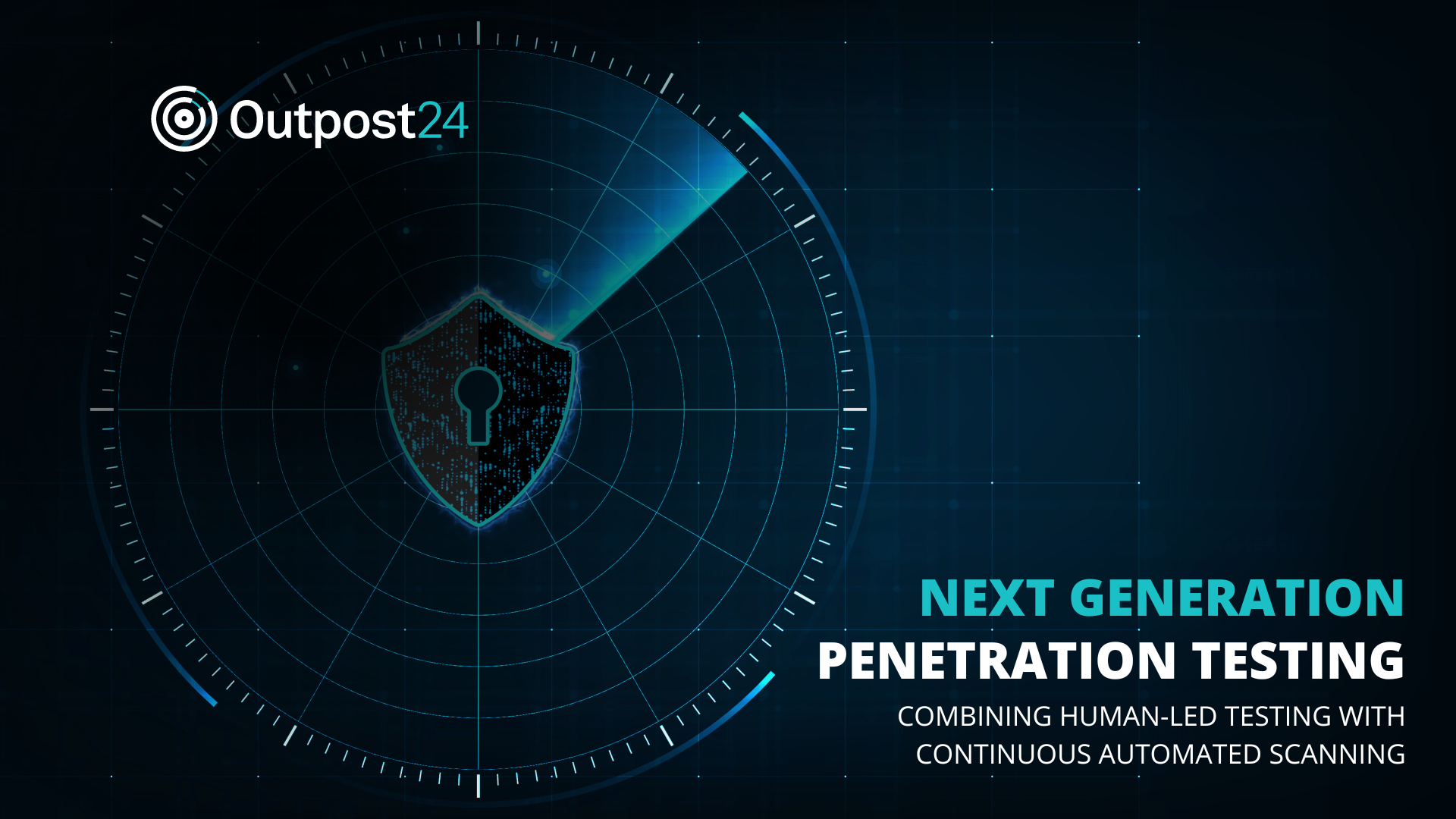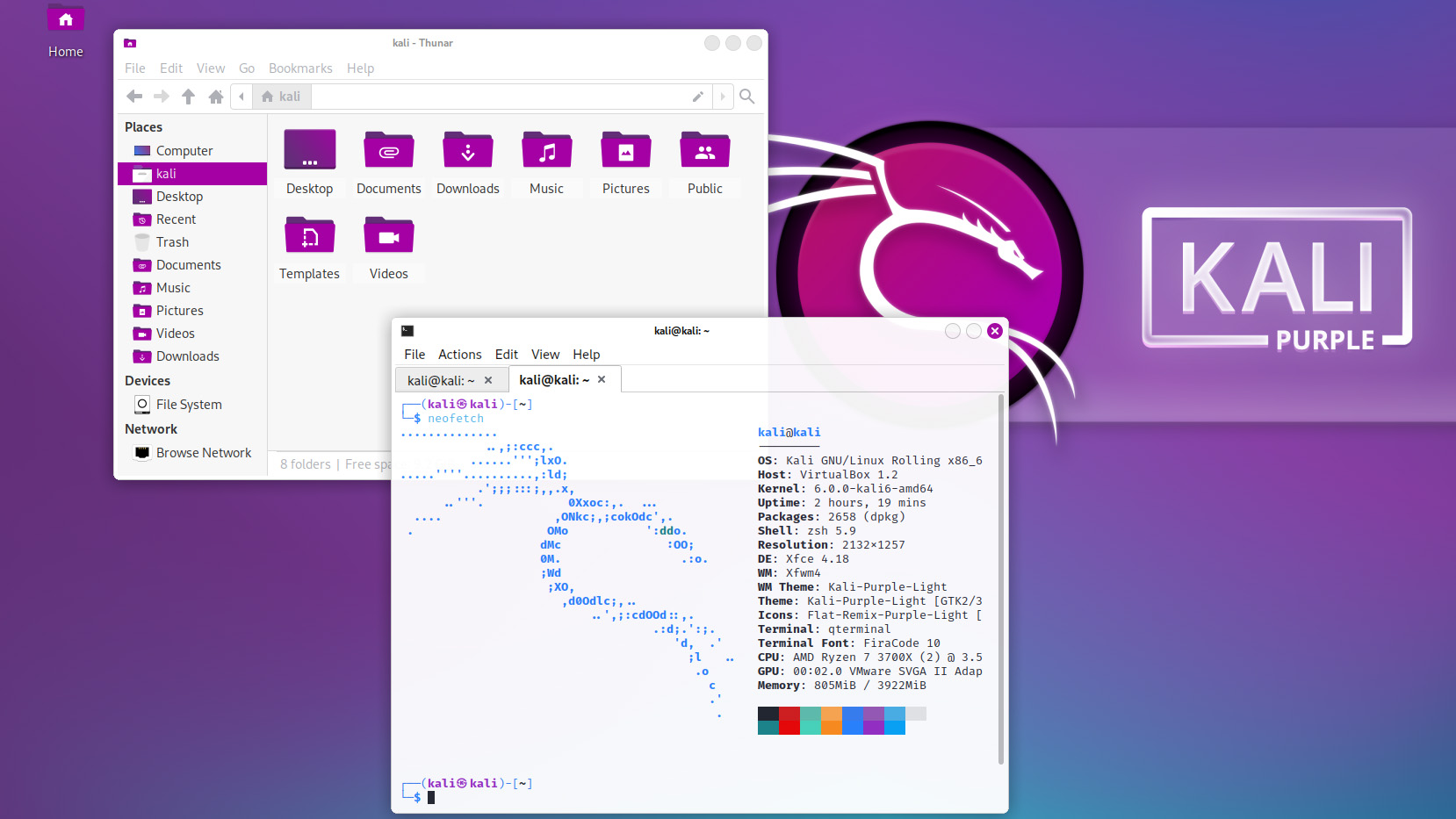For digital transformation to work, developers need to take security seriously
Security heads at GSK, M&S and Williams believe software engineers need a guiding hand


When it comes to innovation, many IT leaders are fond of the mantra 'move fast and break things'. However, if you're responsible for the integrity and availability of your organisation's IT systems, breaking things can have some pretty disastrous consequences.
So how do some of the tech industry's top security chiefs handle the problem of ensuring their companies can move at the necessary speed required to maintain a viable digital transformation initiative whilst also keeping everything as protected as possible?
For Marks & Spencer's head of information security, Lee Barney, the answer is in making sure that you're properly implementing DevOps practices and agile methodologies. The rest, he says, will follow naturally.
"We bake the responsibility for cybersecurity into the first line of defence," he explains. "Making sure the software engineers know exactly what they need to do to code securely, so they are as good as the red team [penetration testers probing the infrastructure for vulnerabilities], for example, in identifying unsecure code and avoiding that... that is the way to do it.
"If you've gone the whole hog with DevOps, that should be fine, because the people who are actually making the changes - not just the software engineers but the people who are responsible for making sure that particular product is up and running - they also know about security. They know enough security to know when they don't know enough, and they then come to you and ask for assistance."
John Meakin, CISO of GlaxoSmithKline, agrees that the key is in enabling developers and giving them a good toolkit for securing and testing their code. After all, he points out - they're the ones that are going to be responsible for actually delivering security, rather than the CISO.
"You basically let go and allow them to do the security - so long as you're there," he says. "You've got to be there and you've got to be confident in telling them when they're doing it wrong. Because you're there, you're [telling them] early enough that it makes a difference.
Get the ITPro daily newsletter
Sign up today and you will receive a free copy of our Future Focus 2025 report - the leading guidance on AI, cybersecurity and other IT challenges as per 700+ senior executives
"If the design is fundamentally wrong, then you need to point that out; you need to point out the risk. Not say to them 'the design is wrong, this is how you design it'. You point out the risk, which leads them to the decision 'oh, the design was wrong, I need to design it a different way'."
For Graeme Hackland, CIO of Formula One team Williams, achieving 'security by design' in a DevOps environment is tricky if your development team hasn't specifically trained for it. If integrating security as a core part of the development process isn't a natural thing for them, developers will often see the addition of security as something which slows them down when they're on a tight deadline.
"We're getting to the point where you have to get to your developers a lot earlier and get them into that mindset and thinking fairly early in their career," he states. "So it's focusing on the human aspect from my point of view, and making sure that your coders and the testers who are sitting right next to them are in that mindset just without even having to think about it - it's just part of who they are."
However, Meakin also warns that developers need to meet security personnel halfway. While he noted that the culture of a developer community isn't going to change overnight, he stressed the importance of developers evolving and engaging with security on a deeper level.
Thankfully, he sees a new breed of developers and development managers entering the industry who do truly understand the value of security and are happy to work with security teams as a core part of the development process.
"One of the great things within GSK is that there's been a recognition that not only does security need to adapt its approach but the developer community themselves need to adapt their mindset," Meakin says.
"What we're finding is that as we look out at the developer community as part of a natural refresh, we're finding a generation of developers - including development managers - who really get security. They don't know all the techie details we do... but they get security and they're prepared to give security almost equal weighting with business function points."
Picture: Shutterstock
Adam Shepherd has been a technology journalist since 2015, covering everything from cloud storage and security, to smartphones and servers. Over the course of his career, he’s seen the spread of 5G, the growing ubiquity of wireless devices, and the start of the connected revolution. He’s also been to more trade shows and technology conferences than he cares to count.
Adam is an avid follower of the latest hardware innovations, and he is never happier than when tinkering with complex network configurations, or exploring a new Linux distro. He was also previously a co-host on the ITPro Podcast, where he was often found ranting about his love of strange gadgets, his disdain for Windows Mobile, and everything in between.
You can find Adam tweeting about enterprise technology (or more often bad jokes) @AdamShepherUK.
-
 Third time lucky? Microsoft finally begins roll-out of controversial Recall feature
Third time lucky? Microsoft finally begins roll-out of controversial Recall featureNews The Windows Recall feature has been plagued by setbacks and backlash from security professionals
By Emma Woollacott Published
-
 The UK government wants quantum technology out of the lab and in the hands of enterprises
The UK government wants quantum technology out of the lab and in the hands of enterprisesNews The UK government has unveiled plans to invest £121 million in quantum computing projects in an effort to drive real-world applications and adoption rates.
By Emma Woollacott Published
-
 Bugcrowd’s new MSP program looks to transform pen testing for small businesses
Bugcrowd’s new MSP program looks to transform pen testing for small businessesNews Cybersecurity provider Bugcrowd has launched a new service aimed at helping MSP’s drive pen testing capabilities - with a particular focus on small businesses.
By Ross Kelly Published
-
 Building a new approach to security with the next generation of penetration testing
Building a new approach to security with the next generation of penetration testingSponsored Combining human-led testing with continuous automated scanning can elevate your security regime
By ITPro Published
-
 OpenAI to pay up to $20k in rewards through new bug bounty program
OpenAI to pay up to $20k in rewards through new bug bounty programNews The move follows a period of unrest over data security concerns
By Ross Kelly Published
-
 Kali Linux releases first-ever defensive distro with score of new tools
Kali Linux releases first-ever defensive distro with score of new toolsNews Kali Purple marks the next step for the red-teaming platform on the project's tenth anniversary
By Rory Bathgate Published
-
 Google pays largest-ever bug bounty worth £500,000
Google pays largest-ever bug bounty worth £500,000News The company remained tight-lipped over the exploit itself, but speculation is possible given its publicly available rewards breakdown
By Connor Jones Published
-
 OpenSSL 3.0 vulnerability: Patch released for security scare
OpenSSL 3.0 vulnerability: Patch released for security scareNews The severity has been downgraded from 'critical' to 'high' and comparisons to Heartbleed have been quashed
By Connor Jones Published
-
 Hacker steals $566 million from Binance Bridge using proof-forgery exploit
Hacker steals $566 million from Binance Bridge using proof-forgery exploitNews An exploit discovered in the exchange platform's proof verifier let the hacker take 2m BNB without raising alarm bells
By Rory Bathgate Published
-
 CISA issues fresh orders to polish security vulnerability detection in federal agencies
CISA issues fresh orders to polish security vulnerability detection in federal agenciesNews The move marks the latest step in the cyber security authority's ongoing ambition to minimise the government's exposure to attacks
By Praharsha Anand Published